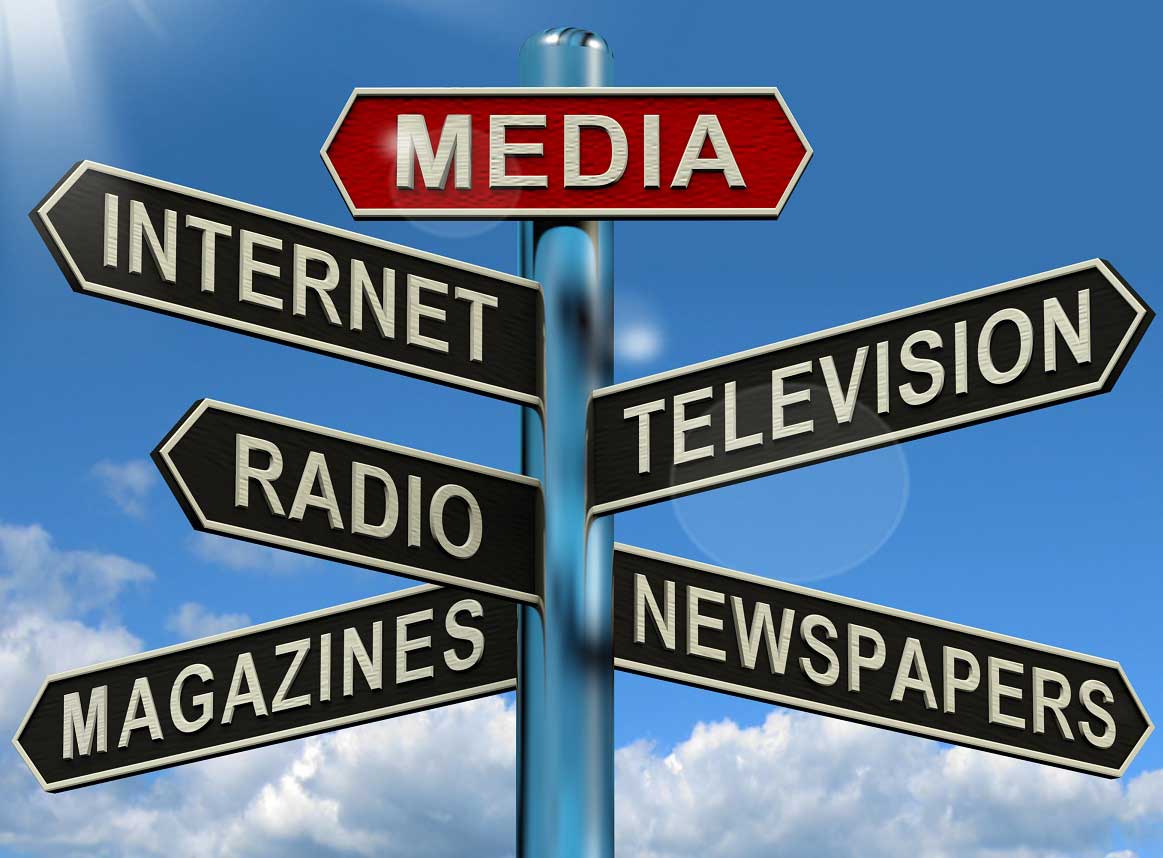The Bahá’í teachings underscore a profound understanding of the multifaceted role that media plays in contemporary society. As a powerful instrument of communication, media possesses the capacity to either unite or polarize audiences. Through the lens of Bahá’í principles, media emerges not merely as a tool, but as a potent force for unity, fostering an environment conducive to understanding and collaboration among diverse groups. This exploration aims to illustrate how Bahá’í thought perceives media as a quintessential element in promoting global oneness and facilitating spiritual and social progress.
At the core of Bahá’í teachings is the principle of unity in diversity, which posits that while humanity comprises an array of distinct cultures, languages, and ideologies, this multiplicity should not foster division. Instead, it serves as a vibrant tapestry that, when interwoven through effective communication, can yield a more enriched collective experience. The media, therefore, becomes a conduit through which diverse narratives converge, enabling individuals to transcend their parochial views and embrace a more holistic understanding of the global community.
In aligning with the prophetic visions of Bahá’u’lláh, the founder of the Bahá’í Faith, the role of media is elevated from a banal conveyer of information to a transformative instrument of societal change. Bahá’í literature often enunciates the necessity for media to facilitate dialogue rather than confrontation. This paradigm shift entails recognizing the ethical dimensions of reporting, underscoring the need for journalists, content creators, and communicators to uphold integrity, transparency, and a commitment to truth. Such an approach engenders trust, fostering an environment conducive to collaborative problem-solving rather than fostering discord.
Bahá’í teachings advocate for the eradication of prejudices, an objective that media can significantly advance by presenting diverse perspectives in a respectful and nuanced manner. The narratives shared through various media platforms possess the power to normalize dialogue around sensitive subjects, thereby dismantling barriers of ignorance and misunderstanding. Engaging with diverse viewpoints promotes empathy and reinforces the idea that each individual’s experience contributes to the larger human narrative. Thus, the portrayal of varied cultures and social issues serves as vital instruments in cultivating a cosmopolitan ethos.
Moreover, the propagation of equitable media practices embodies the Bahá’í commitment to justice and equity. It is vital for media platforms to reflect a spectrum of voices—particularly those that are marginalized or underrepresented. By amplifying these perspectives, media not only enriches the discourse but also aligns with the Bahá’í vision of creating a just society. This multiplicity of voices celebrates the intrinsic worth of every individual, subsequently fostering a sense of belonging that extends beyond geographical and ideological boundaries.
In light of the digital age, the emergence of social media platforms presents both challenges and unprecedented opportunities for alignment with Bahá’í principles. The democratization of information dissemination empowers individuals, allowing them to challenge hegemonic narratives and contribute to the collective dialogue. However, this democratization is double-edged; it necessitates an ethical framework that discourages sensationalism and misinformation. Bahá’í teachings emphasize accountability; hence, there is a pressing need for digital literacy, enabling individuals to critically assess the information they encounter and to engage constructively rather than destructively.
As we delve into the implications of media for personal and spiritual development, we must consider its capacity to foster connectivity. Through shared experiences, media nurtures a collective consciousness that transcends national and cultural barriers. The Bahá’í perspective on service emphasizes the importance of harnessing media for altruism, with individuals being called to utilize their platforms for the upliftment of society. This calls for an intentional shift from passive consumption of media to an active, impactful contribution that champion compassion and service.
A critical perspective on media in the Bahá’í context further illuminates its potential for fostering dialogue among individuals of differing beliefs, thereby cultivating a spirit of collaboration. Conventions, discussions, and forums hosted across various media platforms create fertile ground for intercultural understanding. Such engagements reflect the Bahá’í commitment to harmony and partnership, enabling groups to explore common goals centered on peace, justice, and mutual respect. The universality of Bahá’í teachings lends itself uniquely to these dialogues, fostering a shared vision that can galvanize collective action towards the common good.
Contemplating the future of media through a Bahá’í lens compels us to envisage a paradigm where technology becomes a facilitator of human connection rather than a source of estrangement. A conscientious approach to media, inspired by Bahá’í principles, could engender a renaissance in public discourse, where the pursuit of truth, justice, and compassion prevails over sensationalism and divisiveness. By entrusting media with the responsibility of promoting unity, we empower individuals to engage authentically with one another, laying the groundwork for collaborative efforts towards solving pressing global challenges.
In conclusion, the teachings of the Bahá’í Faith inspire a transformative vision of media, positioning it as a unifier that can transcend the barriers of prejudice, ignorance, and apathy. By embracing media’s potential for fostering unity, reflecting inclusivity, and promoting ethical standards, individuals and communities can cultivate a more harmonious global society. The call to action is clear: as custodians of media, we must strive not only for the dissemination of facts but for the elevation of the human spirit, aligning our efforts with the timeless principles of the Bahá’í Faith that advocate for the oneness of humanity.
